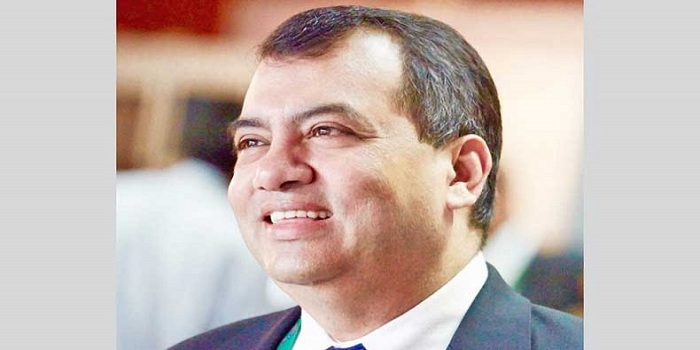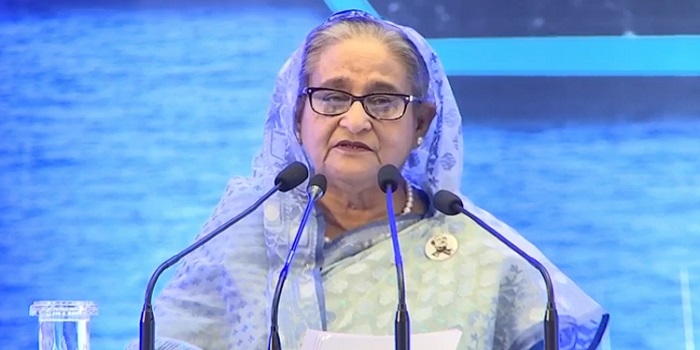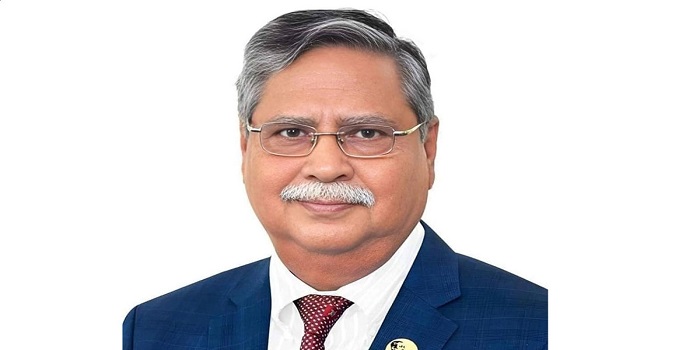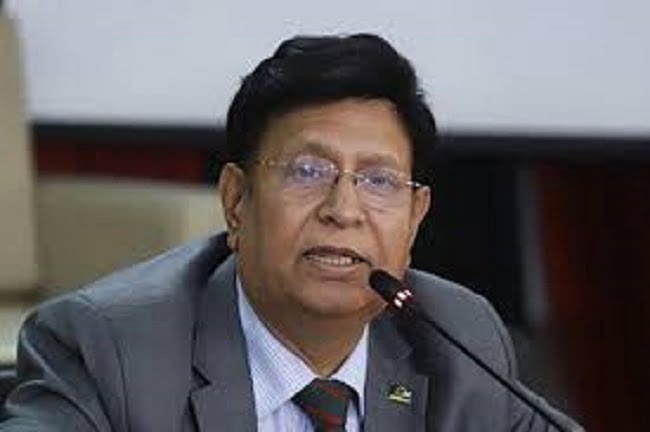Tensions in Tunisia after president suspends parliament

Tunisian troops surrounded parliament and blocked its speaker from entering after the president suspended the legislature and fired the prime minister following violent nationwide protests over the country’s economic troubles and virus crisis.
Protesters celebrated President Kais Saied’s decision late Sunday night, shouting with joy, honking horns and waving Tunisian flags. But his critics accused him of a power grab that threatens Tunisia’s young democracy.
Chief among them was the parliament speaker and head of Islamist movement Ennahdha, Rached Ghannouchi, who called it “a coup against the constitution and the (Arab Spring) revolution.”
Saied sacked Prime Minister Hichem Mechichi and ordered parliament closed for 30 days, following a day of angry street protests against the government’s handling of the COVID-19 pandemic.
Saied also sacked the defence minister and the acting justice minister, a day after ousting the prime minister and suspending parliament.
A statement from the presidency announced the dismissals of Defence Minister Ibrahim Bartaji and acting justice minister Hasna Ben Slimane, who is also government spokeswoman.
Saied on Monday assigned Khaled Yahyaoui, the Director General of the Presidential Security unit and an ally to the president, to supervise the Interior Ministry after dismissing the government on Sunday, two security sources said according to Reuters.
Saied’s dramatic move – a decade on from Tunisia’s 2011 revolution – comes even though the constitution enshrines a parliamentary democracy and largely limits presidential powers to security and diplomacy.
It “is a coup d’etat against the revolution and against the constitution,” Ennahdha, which was the biggest party in Tunisia’s fractious ruling coalition, charged in a Facebook post, warning that its members “will defend the revolution”.
The crisis follows prolonged deadlock between the president, the premier and Ghannouchi, which has crippled the Covid response as deaths have surged to one of the world’s highest per capita rates.
“I have taken the necessary decisions to save Tunisia, the state and the Tunisian people,” Saied declared in a statement on Sunday, a day that had seen Covid street protests flare in multiple cities.
The president’s announcement sparked jubilant rallies by many thousands of his supporters who flooded the streets of the capital late Sunday to celebrate and wave the national flag, as car horns sounded through the night and fireworks lit up the sky.
World reacts
But the shock move was criticised abroad by Turkey’s foreign ministry, which said it was “deeply concerned” and called for “democratic legitimacy” to be restored.
Kremlin spokesman Dmitri Peskov, in brief comments, said Russia was monitoring developments in Tunisia.
“We hope that nothing will threaten the stability and security of the people of that country,” he told reporters at a daily phone briefing.
A spokeswoman for the German foreign ministry, Maria Adebahr, told reporters that Germany hoped Tunisia would return “as soon as possible to constitutional order”.
Germany was “very worried” she said, adding however: “We don’t want to speak of a coup d’etat”.
“It is important to return to constitutional order as quickly as possible,” Adebahr said.
“We will certainly try to discuss (the situation) with the Tunisian ambassador in Berlin, and our ambassador in Tunis is ready to engage in discussions.”
Qatar on Monday called on all parties in Tunisia’s political crisis to avoid escalation and move towards dialogue, the state-run Qatar News Agency said.
“Qatar hopes that Tunisian parties will adopt the path of dialogue to overcome the crisis,” QNA cited a foreign ministry statement as saying.
Ghannouchi ends sit-in
Soldiers from early Monday blockaded the assembly in Tunis while, outside, the president’s supporters hurled stones and insults at backers of Ennahdha, whose leader staged a sit-in to protest being barred entry to the complex.
But later Al Arabiya TV said Ghannouchi has departed the oustide of the Tunisian parliament after announcing that he was holding a sit-in at the site. It also aired a picture of his convoy outside the parliament with a broken car window after it was pelted with stones by protesters who oppose the Ennahdha chief.
Tunisia’s economy has been struggling for years, and the country recently reimposed lockdowns and other virus restrictions because it’s facing one of Africa’s worst virus outbreaks.
After the announcement of the president’s decision, army units were deployed around the capital, and an Associated Press reporter saw military vehicles heading toward the parliament in nearby Bardo.
During the night, Ghannouchi tried to enter with an associate but was blocked, according to Mosaique FM news radio. He insisted the parliament would continue to work despite the president’s move.
The president cited concerns about violence as a reason for his decision, and warned against any breach of public order, threatening troublemakers with severe penalties. “We have taken these decisions … until social peace returns to Tunisia and until we save the state,” he said in a military-style televised address.
He invoked an article of Tunisia’s constitution allowing him to take “exceptional measures in the event of imminent danger threatening the institutions of the nation and the independence of the country and hindering the regular functioning of the public powers.”
The measure allows him to assume executive power and freeze parliament for an unspecified period of time until normal institutional workings can be restored.
But Ghannouchi said the president didn’t consult with him and the prime minister as required by the article. The three have been in conflict.
Others also criticized the president’s decision.
Former President Moncef Marzouki called for political dialogue, saying in a Facebook video, “We made a huge leap backward tonight, we are back to dictatorship.”








